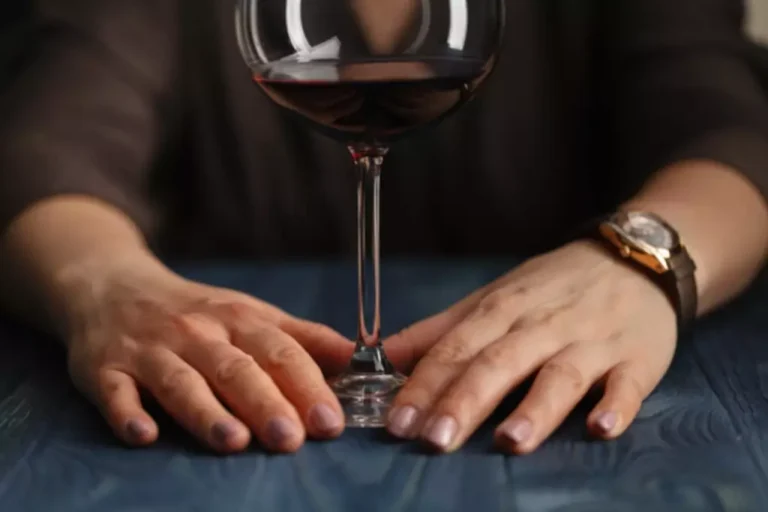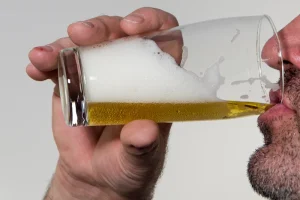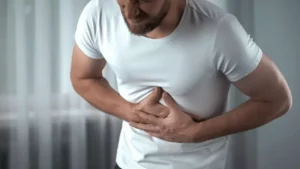
The team suggested that added salt likely causes people to eat bigger portions, leading to weight gain, rather than salt itself causing Type 2 diabetes. Some people find that alcohol helps them deal with stress or when they’re feeling low. It might make you feel more relaxed, but it’s not a healthy way of managing these feelings. If you take insulin, you might need to change your dose depending on what your levels are. It’s not uncommon for some people to mistake having a hypo for being drunk.

Five surprising things that raise your risk of Type 2 diabetes
Drinking alcohol can be an especially dangerous activity for people with diabetes — here’s why. Drinking is individualized and there’s no universal rule for how to do it safely when you live with diabetes. Talk to your doctor about your drinking habits and they can provide you with tips and tricks for how drink in a way that works for you. That can make it especially difficult to get a grip on how many carbs and calories you’re consuming. The same goes for cream liqueurs such as Bailey’s Irish Cream and Kahlua. These provide around 13 grams of carbs, of which 12 grams are from sugar, for every 2 ounces (60 grams) of liqueur (37).
Tips for Drinking Safely With Diabetes
Glycogen is a large molecule that consists of numerous glucose molecules and serves as a storage form of glucose in the tissues, particularly the liver. In the fasting state, as a first line of defense against hypoglycemia, glycogen is broken down into its constituent glucose molecules, which are secreted by the liver into the blood to maintain normal or near-normal blood sugar levels. Generally, the glycogen supply is depleted after 1 or 2 days of fasting.
Other health risks
The Diabetes Link, a nonprofit dedicated to helping teens and young adults with type 1 diabetes, maintains a resource page with advice on how to navigate drinking and diabetes. That’s true for all drinkers — but it’s especially true if you have diabetes. With your support, the American Diabetes Association® can continue our lifesaving work to make breakthroughs in research and provide people with the resources they need to fight diabetes. That includes light beers, red and white wines, distilled spirits, and low carb cocktails, as long as you avoid sugary juices or syrups. Avoid drinking traditional cocktails, dessert wines, and cream liqueurs, because they’re generally high in sugar.
- Both conditions can make you feel woozy, wobbly, hungry, tired, or confused.
- However, the liver can’t do this and metabolize alcohol at the same time.
- Your body processes alcohol differently than most foods and beverages.
Bloody Mary
Some health experts and health organizations (including the World Health Organization) state that no amount of alcohol is safe for health. Meanwhile, the liver kicks in to break down and detoxify alcohol, as alcohol is a potentially toxic substance. Enzymes break apart alcohol molecules, eventually converting by-products of alcohol metabolism into water and carbon dioxide. From there, alcohol is eliminated from the body through exhalation, sweat, and urine. Alcohol can also affect diabetic nerve damage, eye disease, and high blood triglycerides. The important thing to understand, though, is that this presumed benefit is just a theory.
Limit extra calories and carbohydrate with alcohol.
Alcohol consumption can also lead to situational unawareness of low blood sugar levels. People with diabetes have to be very careful when it comes to drinking alcohol. It is a good idea for them to talk with a doctor so that they thoroughly understand the risks involved. When consumed with can diabetics get drunk food, an occasional drink is OK, and if you choose wisely, it may have some positive effects on health. A 175ml glass of wine contains 159 calories, meaning one per night adds up to 1,100 calories – nearly as much as two pizzas over the course of the week, which will fuel weight gain.
The risks depend on how much alcohol a person consumes, as well as the type. But some sweet wines and beers have more carbs than others, and the sugars in cocktails, hard seltzers, and similar drinks can make booze extremely high carb. These drinks may prompt a large and rapid blood sugar spike, necessitating the use of insulin (for those who customarily use insulin before meals). Drinking just gets more complicated when you consider the immediate impact that “carby” beverages have on your blood sugar levels. Alcoholic drinks can cause both blood sugar rises and blood sugar drops, making it important to think cautiously and plan ahead. That sort of double impact can cause blood sugar levels to drop to dangerously low levels, a condition known as hypoglycemia.

Educate companions to provide an assist if needed.
Over time, excessive alcohol consumption can reduce the overall effectiveness of insulin. Many people with alcoholic liver disease also have either glucose intolerance or diabetes. An occasional social drink is usually harmless for people with diabetes. Understand how your medications work and how alcohol can affect them.

